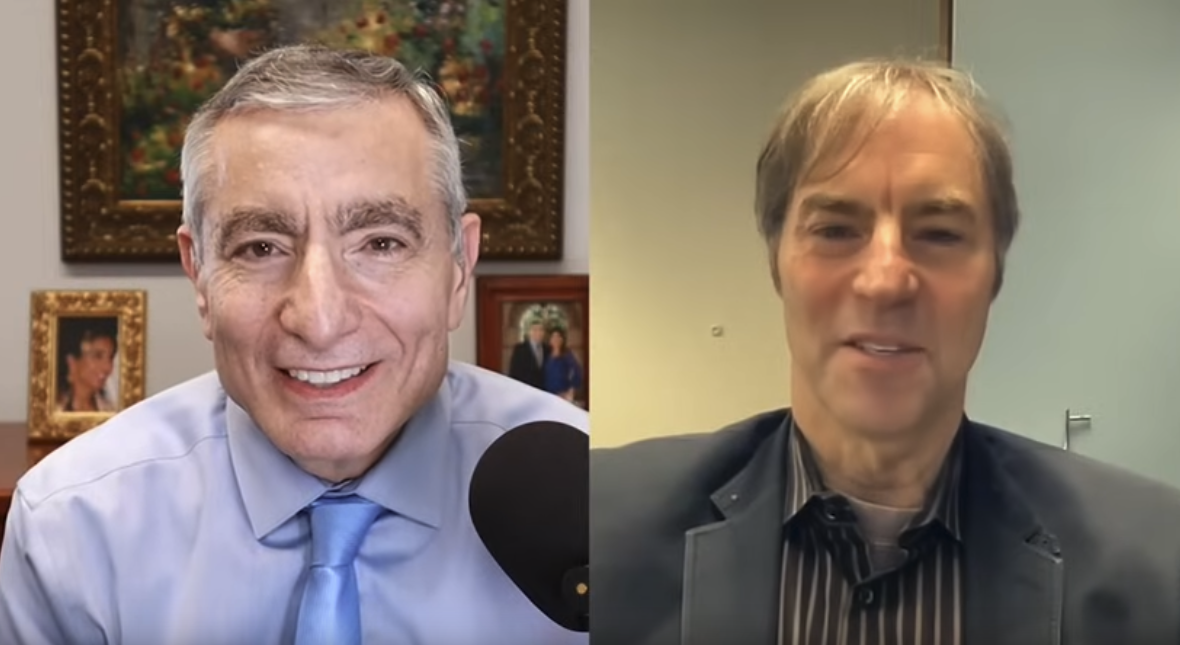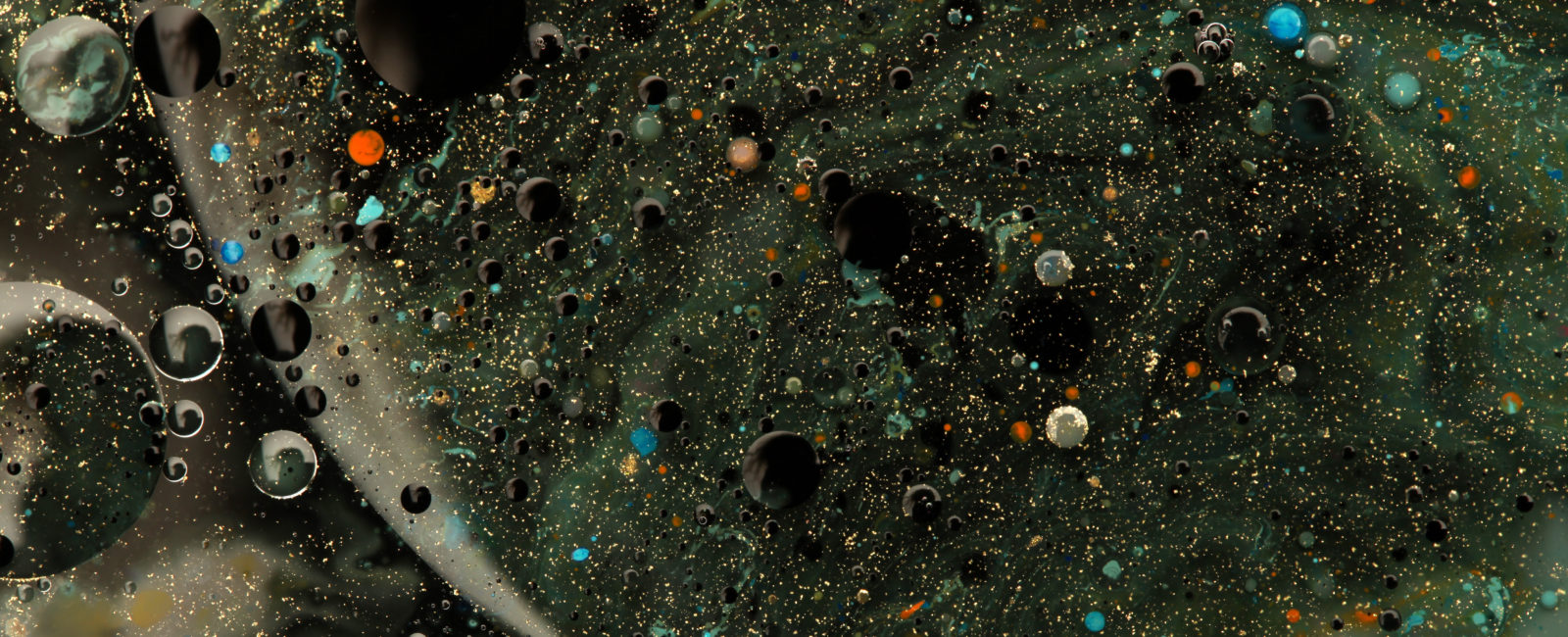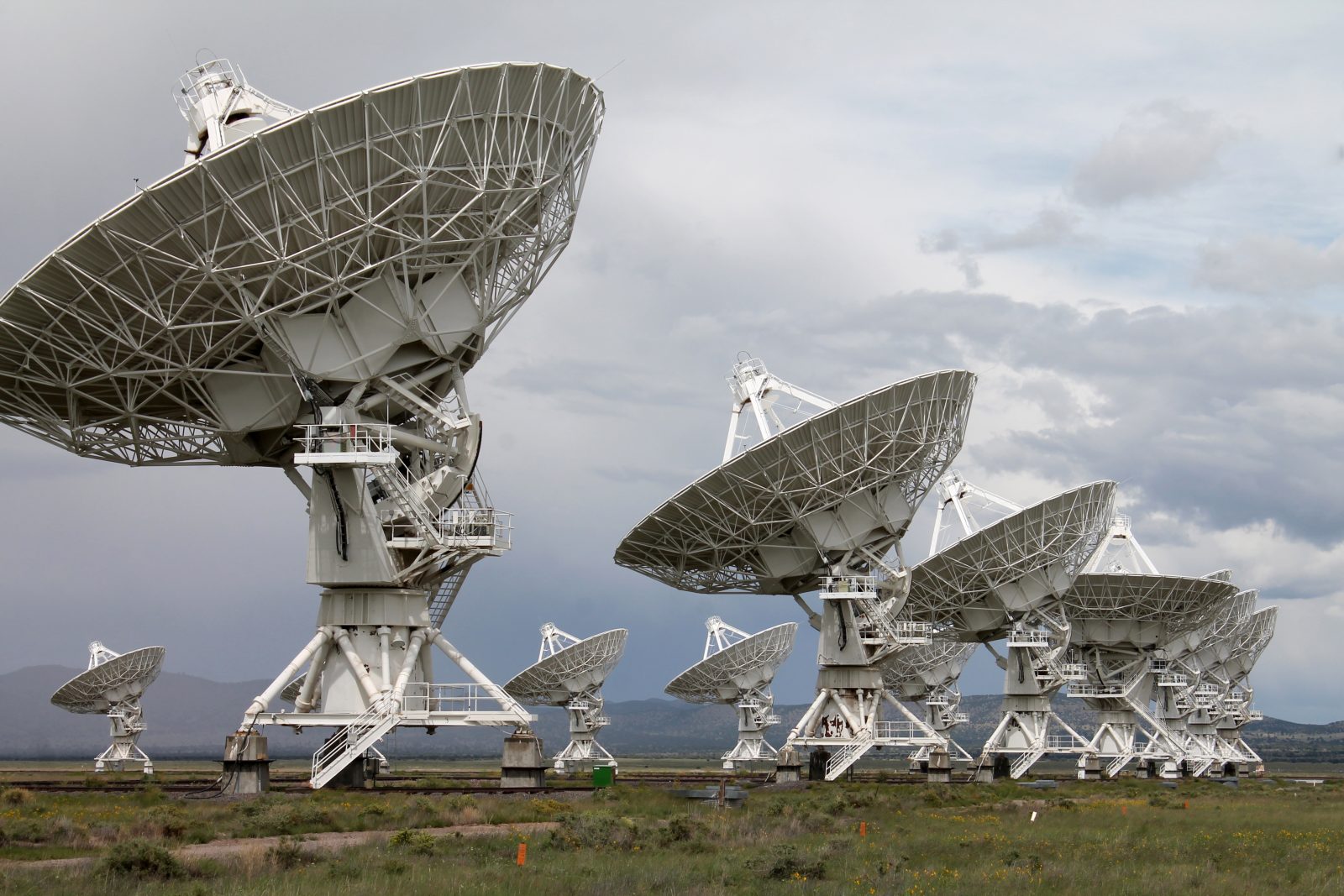


Smoke & Mirrors: Tour and Meyer Assess Origin of Life Experiments

Ann Gauger: A Scientist’s Journey into the Intelligent Design Movement
On today’s ID the Future, biologist and intelligent design researcher Ann Gauger tells host Eric Anderson the rest of her story about how she was drawn into the intelligent design movement. The two discuss everything from the challenges she faced making it in a male-dominated field to the evidential power of beauty in the natural world. But how did she end up in the ID movement? After stepping out of a promising career as a research scientist to focus on her family and meeting the needs of an autistic child, she assumed that her life as a scientist was behind her. But then several years later she began reading the work of Darwin skeptics and intelligent design trailblazers—Phillip Johnson, Jonathan Wells, Michael Behe, and others—and then she realized they were all associated with a think tank, Discovery Institute’s Center for Science and Culture, just down the street from where she lived. She eventually signed DI’s Dissent from Darwin list, then a year or so after that she signed up for a regular ID newsletter, Nota Bene, signing her name “Ann Gauger, PhD.” She got a phone call from someone at Discovery Institute twenty minutes later. The rest of the story is by turns comical, inspiring, and touching. Before wrapping up her story she urges young women scientists to not let themselves get pressured out of contributing just because STEM fields tend to be male dominated. And she shares a story of being accused at a public university event of lying and suppressing research evidence that supposedly supported evolutionary theory. Not true, she explains.

Casey Luskin Talks Intelligent Design and Cultural Renewal on the Dr. Jeff Show

Stephen Meyer: One God or Many Universes?
In this ID the Future, Stephen Meyer takes a deep dive into the case for not only intelligent design, but also for a designer of the cosmos who is immaterial, eternal, transcendent, and involved. Meyer draws on evidence for design at the origin of life, in the origin of plants and animals, and from the fine tuning of the laws and constants of chemistry and the initial conditions of the universe. He connects all this to the scientific evidence that the universe is not eternal but had a beginning—the Big Bang. What about the main materialistic alternative for explaining this suite of evidence—the idea that there is a multiverse with our universe just being one of the lucky universes with just the right conditions to allow for advanced life? In step-by-step fashion, Meyer walks through why the multiverse explanation fails to explain away the insistent evidence of a cosmic designer. Tune in to hear the full argument. Meyer is author of the recent bestseller Return of the God Hypothesis: Three Scientific Discoveries That Reveal the Mind Behind the Universe, available here.

Casey Luskin on Why He Favors ID over Theistic Evolution
Today’s ID the Future continues intelligent design theorist Casey Luskin’s conversation with Apologetics 315 podcast hosts Brian Auten and Chad Gross. Here in Part 2, Luskin give a peek behind the scenes of ID 3.0, the current research program inspired by the intelligent design framework. Luskin is then asked to explain his reservations about theistic evolution, and Luskin points out the evidential, rhetorical, and logical problems he sees with the brand of theistic evolution advocated by Francis Collins and Biologos. What about the future of the intelligent design movement? Luskin says he’s optimistic, both because of the exciting research and publication breakthroughs of late, and because of the many converts he’s seeing to the ID framework. According to Luskin, many of these recruits remain behind the scenes to avoid reprisals from opponents of ID in positions of power, but some top scientists have come out publicly in support of intelligent design, including at least one Nobel Laureate. This episode is presented here with permission from Apologetics 315.

Carl Sagan’s Love/Hate Relationship with Intelligent Design
On today’s ID the Future, philosopher of science Paul Nelson explores an intriguing tension in the thinking of famous scientist and science popularizer Carl Sagan concerning his agnosticism shading into atheism on the one hand, and on the other hand his embrace of certain ideas consistent with the theory of intelligent design. As Nelson is quick to clarify, if Sagan had lived to see the rise of the contemporary intelligent design movement, he probably would have rejected it, particularly its theistic implications. And yet, Nelson says, Sagan’s thinking and arguments laid out in his Gifford lectures and in his science fiction novel Contact strongly support the idea that intelligent design can be detected. Nelson goes further, saying that if we take the methods Sagan laid out for detecting intelligently designed radio signals from extra-terrestrial intelligence, and apply them to patterns in nature that ID theorists have pointed to (such as DNA), it’s hard not to see his methodology triggering a design inference. Tune in to hear Nelson’s reflections on this important tension in Sagan’s thinking, and what, according to Nelson, prevented Sagan from fully resolving it.

Emily Reeves Previews Dallas Science/Faith Conference 2022
On this ID the Future, host Andrew McDiarmid sits down with Emily Reeves, one of the speakers for the January 22, 2022, Dallas Science and Faith Conference. The two walk through the lineup of speakers for the conference (Stephen Meyer, Brian Miller, Casey Luskin, Ray Bohlin, and others), tease some of the talks, and discuss how to join the one-day event live, either in person in the Dallas area or online. For more about the conference, slated for this Saturday, and to sign up, go here.

Andrew Klavan and Stephen Meyer Talk God and Science
On this ID the Future Stephen Meyer sits down with talk show host and bestselling novelist Andrew Klavan to discuss Meyer’s Return of the God Hypothesis. In this fast-paced conversation the pair touch on the Judeo-Christian roots of science, how fine tuning in physics and cosmology point to intelligent design, and how a great many scientists held out hope that the universe was eternal and therefore did not require a creator, but eventually threw in the towel as evidence mounted for a cosmic beginning. What about the multiverse hypothesis as an escape for atheists wishing to explain away the evidence for a cosmic designer? Meyer explains why it fails Occam’s Razor, and then he and Klavan discuss a noted atheist philosopher who frankly admits that he doesn’t want theism to be true and yet also admits that modern Darwinism has crashed and burned, and the evidence for design in various scientific fields is too powerful to be ignored. Today’s material is borrowed, with permission, from the Daily Wire and Episode 1050 of the Andrew Klavan Show. If you value the work of Stephen Meyer, our other design theorists, and the work of Discovery Institute’s Center for Science and Culture, along with intelligent design resources such as ID the Future, please consider a gift this holiday season. The generous donations of our supporters and regular listeners make this good work possible. Your gift will translate into more and more people encountering—some for the very first time—the powerful evidence that the universe is not meaningless but instead is charged with evidence of design and purpose. Click here to view donation options.

Bidding Adieu to Steven Weinberg’s Take on Science and Faith
On today’s ID the Future, Casey Luskin, associate director of Discovery Institute’s Center for Science and Culture, discusses his Evolution News article about the recently deceased Steven Weinberg. On Weinberg’s view, one of science’s social functions is to undermine religion, which he sees as superstition. Luskin takes the opposite view and points to skilled and successful scientists he got to know in Africa. He says these scientists are convinced that the supernatural is real and would find Weinberg’s secular Western rejection of the supernatural as blinkered. Luskin and host Robert Crowther also discuss a hopeful trend among some atheists toward a more civil and respectful way of engaging intelligent design, even to the point of acknowledging that design theorists are making thoughtful, substantive arguments. Luskin summarizes six lines of evidence for design, and encourages people to escape the internet atheist bubble and read the best ID scholars firsthand rather than depending on strawman summaries of those arguments.